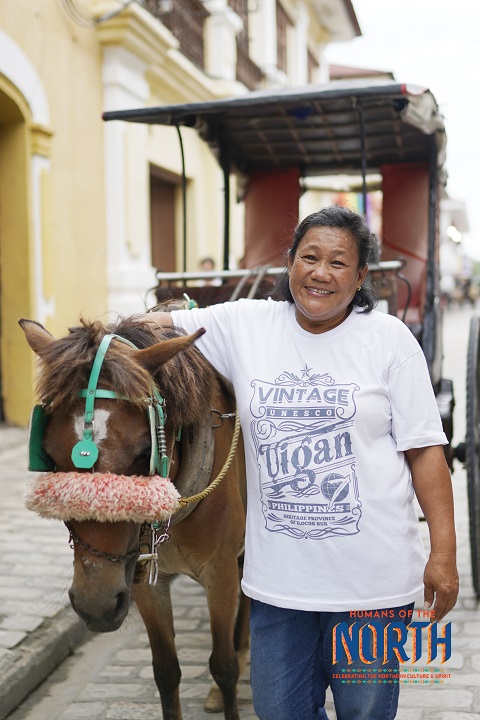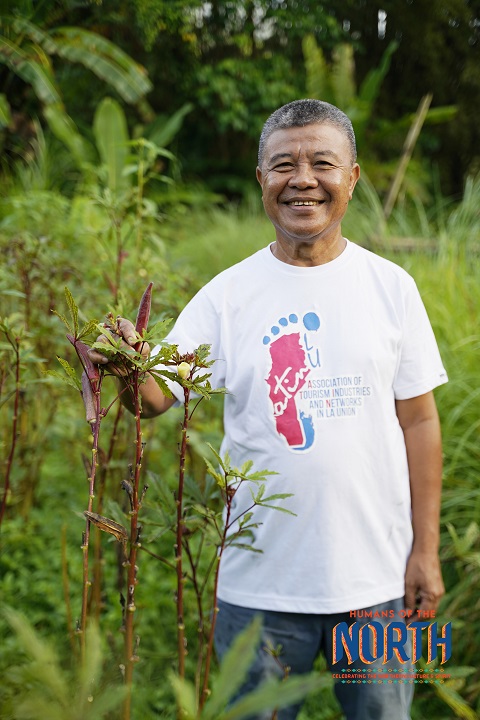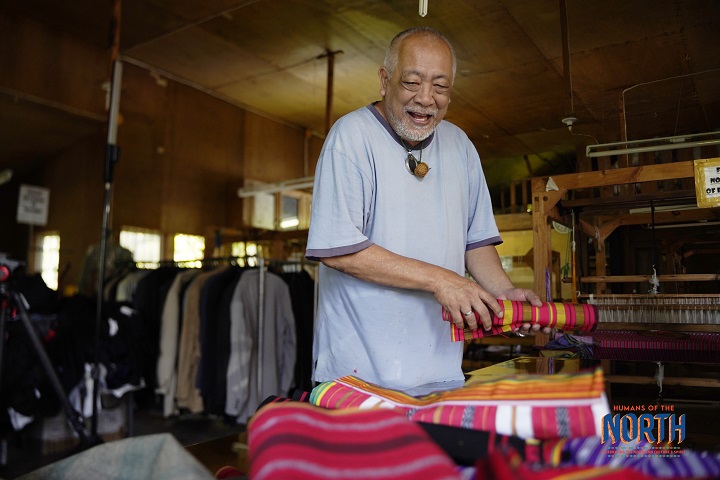Stories are the marrow of humanity. Conversations serve as the thread that connects communities, allowing histories, cultures, and traditions to flourish from generation to generation. In an era where tourism has afforded us a window to the world, humans and their vibrant stories lend more meaning to experience. Through the human element of travel, destinations transform from being mere points on a map to one that reconnects us to our roots and our humanity.
In celebration of the narratives that lend vibrancy to Philippine destinations, NLEX Corporation is launching “Humans of the North”, a mini-documentary series that showcases the indomitable human spirit, traditions, and cultures of the North. The campaign will unfold over six parts, and each will feature a unique story of an everyday man or woman from a northern Luzon province.
“Wherever we go, people leave a significant mark in our remembrance of destinations. Often it is the hospitality of locals and unique traditions that make us want to visit or return to places. Through Humans of the North, we hope not only to instill local pride, but also create conversations that will engage travelers to look beyond the appearance of a place and look inward to its people and to themselves,” said NLEX Corporation President and General Manager J. Luigi L. Bautista.
Humanity through strength
What makes Humans of the North a standout is its ability to provide viewers a lens into Northern Luzon through the accounts of day-to-day heroes and workers.

Ditas Gonzalo, a 46-year-old female kutsera (coachwoman) from Vigan, left her hometown in search of a better life in the city. As fate would have it, her hopes would be crushed with the sudden death of her husband, forcing her to return to the historic cobblestone streets of Ilocos Sur to single-handedly raise her children.
Belonging to a family of horse-drawn carriage drivers and guides, Ditas found herself returning to her roots to sustain the household. Today, Ditas is one of only six female kutseras among a group of 150 coachmen in the city and is beloved by customers and fellow drivers for her fortitude and colorful life story. Her tale is one that speaks of the indomitable spirit of Vigan women who are making the most of a male-dominated industry in one of Luzon’s most historic destinations.
Humanity through community empowerment

While to some, humanity means protecting natural resources, others see it as an opportunity to uplift the plight of their fellowmen. Such is the belief of Manuel Acosta, whose search for fulfillment led to La Union in 2016, where he founded Ibit’s Farm, one of the leading DOT-accredited agri-tourism sites in the province.
Acosta started out with near-zero knowledge about farming. But, through a determined pursuit of farming knowledge and community dialogue, he was able to employ innovative and sustainable farming methods and novel agricultural practices—a passion that he shares with other farmers through education and constant awareness-raising efforts. This passion soon grew into an advocacy for alleviating poverty among La Union farmers. Acosta created the “Adopt a Family of Farmers” Program. Currently, there are four farmer families under the program, where they receive training, credit, livelihood, and farm inputs.
Humanity through preservation of tradition and legacy

While some return to their hometowns in search of greener pastures, some return to their roots to preserve family and community traditions. For Ezra Aranduque, a 60-year-old social entrepreneur, his global journeys from South America to Africa to Northern Europe not only equipped him with weaving know-how from various countries, but also ignited in him the passion for preserving Sagada’s unique weave.
When his mother passed away in 2007, Aranduque took over the family’s weaving business in Sagada—a decision that proved to be difficult with rising costs, fierce competition, and the unpredictability of sales brought about by the pandemic. All these also led to several employees, all of whom close to him and his family, being let go.
Despite these challenges and the uncertainties that lie ahead, Aranduque remains steadfast and dedicated to the craft, committing to imparting his knowledge to more Sagadans in hopes of not only uplifting the lives of indigenous female weavers, but also keeping a community tradition and a family legacy alive.
Anchored on the beauty of the Northern spirit, these stories are part of several others that are guaranteed to reignite interest in the real heart of travel: the humans that make a place and culture come alive.

